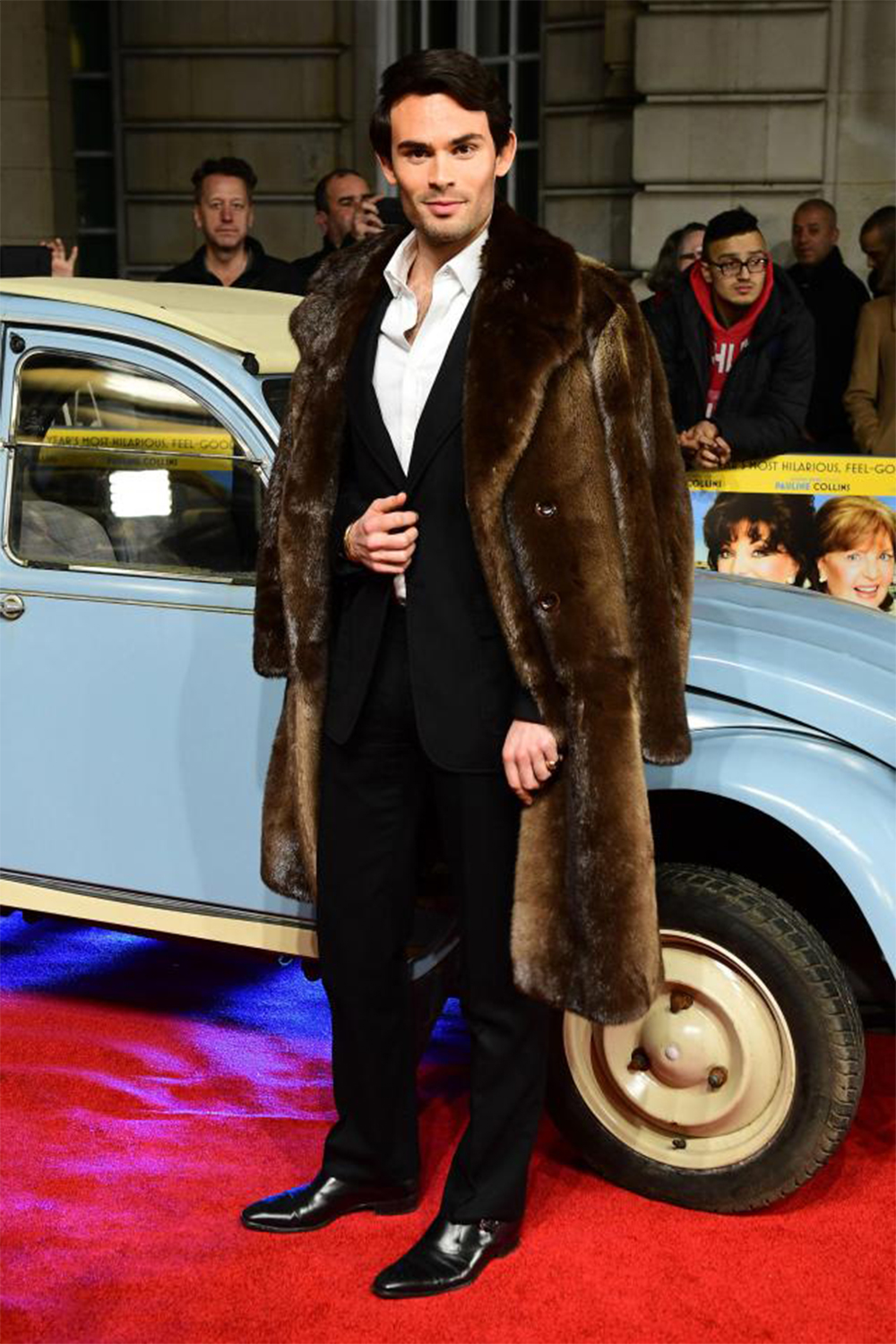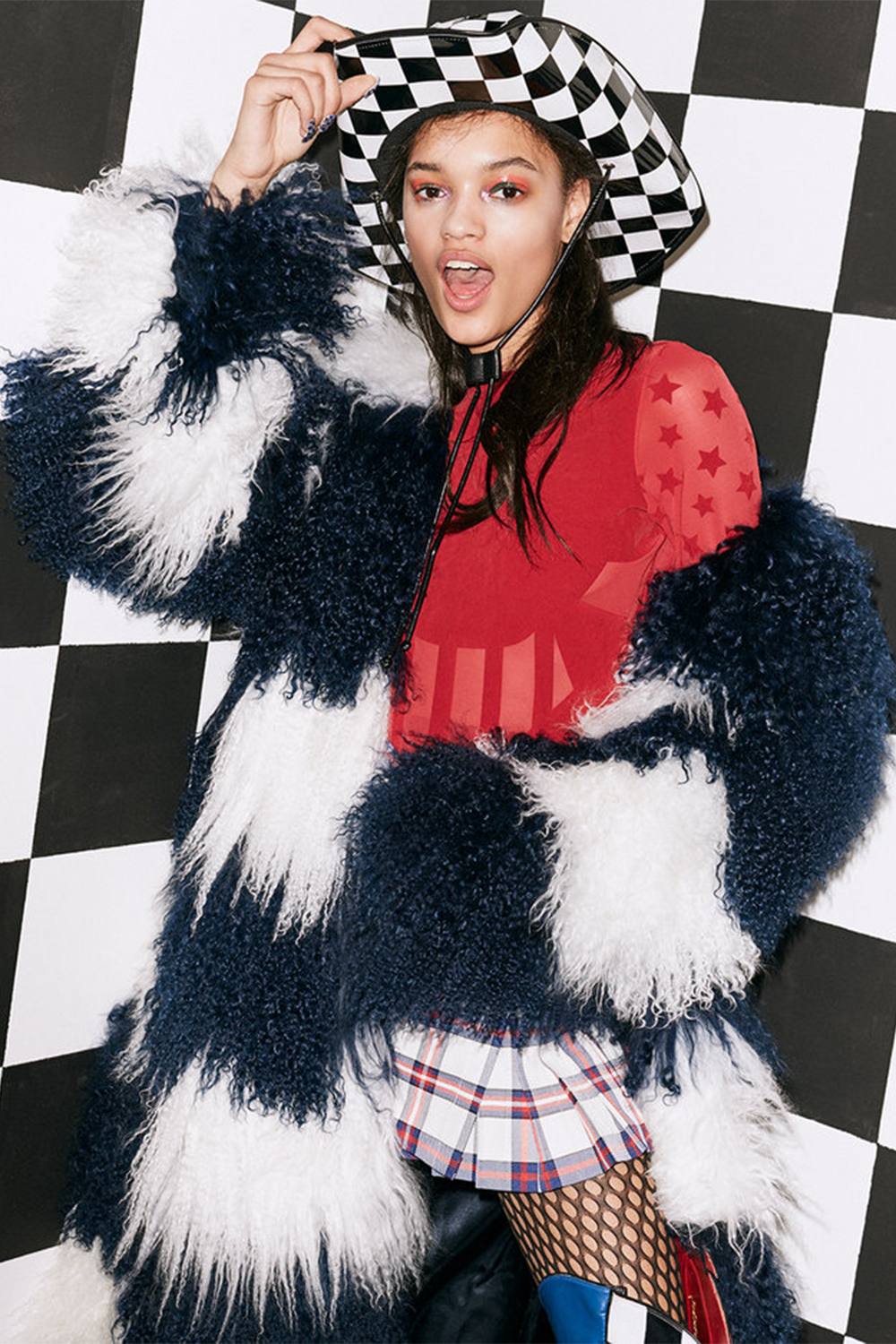Heard of them? Neither had we. With a mere eight thousand likes on their Facebook page, Surge claims to approach animal rights activism “through well-orchestrated demonstrations, outreach events, stunts, films and online campaigns with a focus on positive community building.”
However, Lucy Watson’s recent anti-fur video for the group feels rather distant from the goal of “positive community building”. Without citing any evidence or statistics, and accompanied by selectively chosen footage of animals in cages that isn’t attributed to any source, Watson appeals to the British Fashion Council to ban the use of fur in London Fashion Week.
But the video – which involves Lucy staring straight into the camera, accompanied by overly serious music – is designed to stir up social media sensationalism instead of substantial debate.
Videos which opt for doom-and-gloom scare tactics such as Watson’s might do well for scoring a few shares here and there, but they do little to dent the genuine support for fur. It seems that the ex-reality TV star is in need of a reality check herself.
Indeed, the British Fashion Council’s statement showed a much more mature and realistic approach to the place of fur in fashion. It claimed that it “does not dictate what designers can or cannot design and has no control over their creative process.” It went on to say that “we encourage designers to ensure that if they choose to work with fur, they work with reputable organisations that supply ethically sourced fur.”
As the British Fashion Council’s statement makes clear, fur holds a strong place in fashion. Some of Watson’s ex co-stars appear to agree too. With her usual provocative flair, Victoria Baker Harber once tweeted “I love fake fur. Said no one. Ever”, and Mark Francis is often seen sporting striking fur coats.
The ever increasing trend of fur accessories shows that the popularity of fur continues to grow, and figures with an even greater social media presence than Watson’s – such as UK grime artist Stormzy – continue to be associated with labels such as Burberry, which sells clothing with fur derived from animals including foxes and raccoons. Burberry is by no means alone – houses as illustrious as Fendi, Prada and Gucci continue to use fur, and over 67% of the collections presented at the most recent fashion weeks featured fur.
The age of fake news and abundance of uninformed opinions that circulate social media have made people more sceptical of sensationalist scare tactics such as Watson’s. And rightly so. Milan, New York and Paris fashion weeks aren’t the subject of the same treatment, so the unsubstantiated claims of one ex-TV reality star are unlikely to do little to hinder the creativity and longevity of one of the most sustainable, stylish, and meticulously regulated fabrics in the UK fashion industry.









